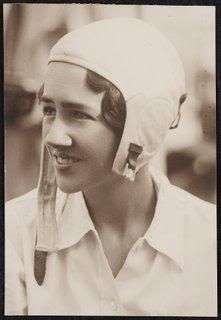“Our consciousness rarely registers the beginning of a growth within us any more than without us: There have been many circulations of the sap before we detect even the smallest sign of the bud,”
—George Eliot, Silas Marner
 |
| Anne Morrow Lindbergh |
 |
| Delphi |